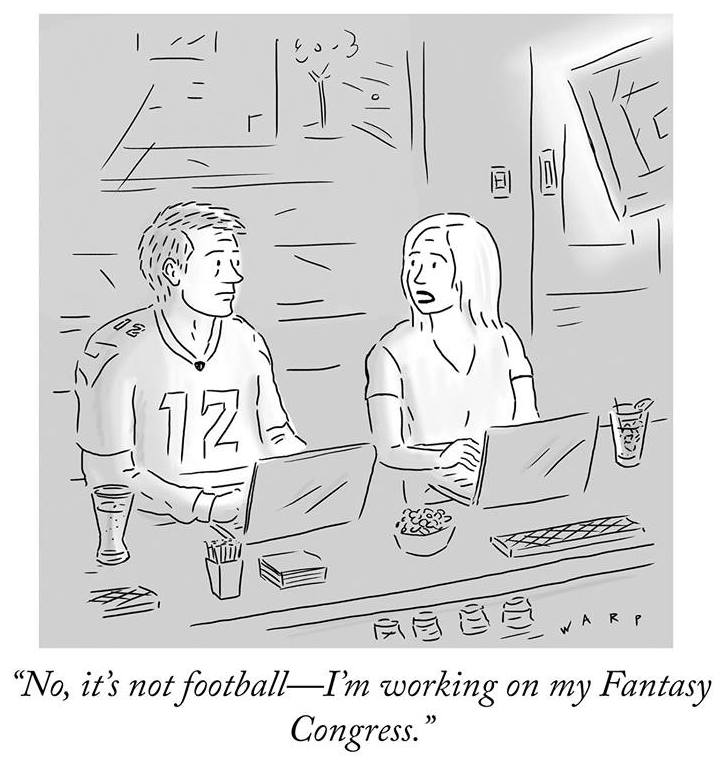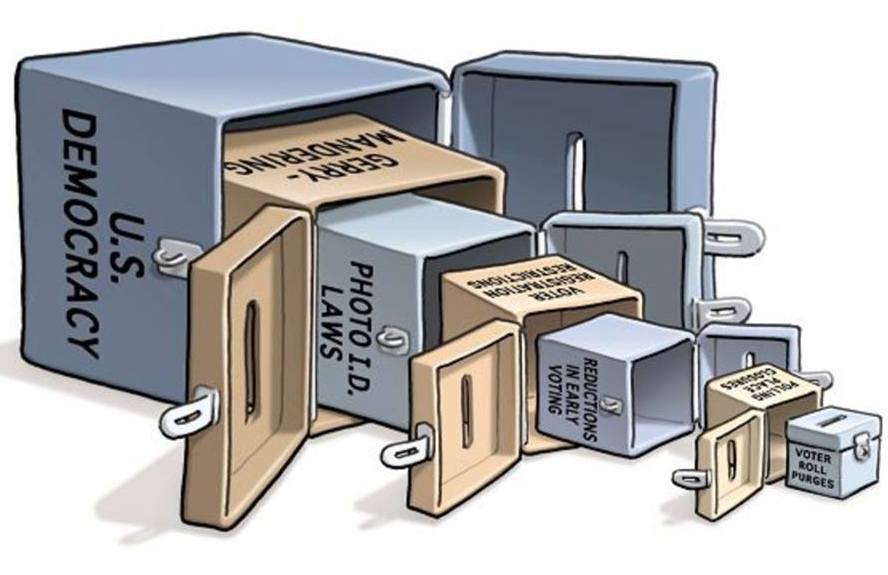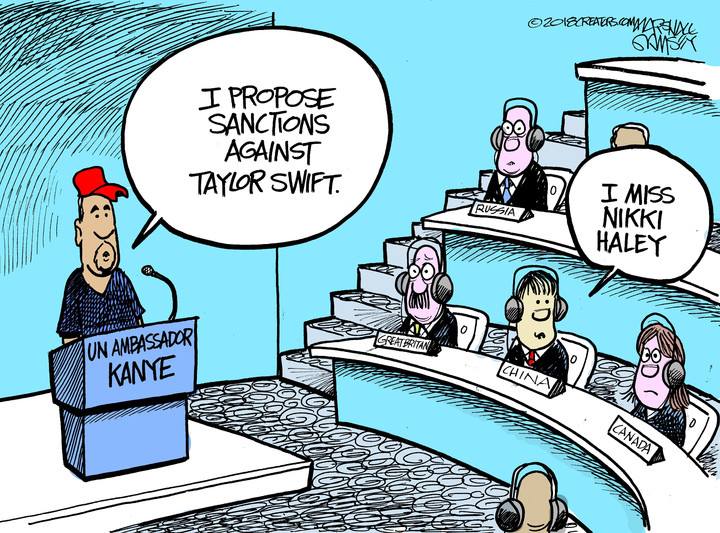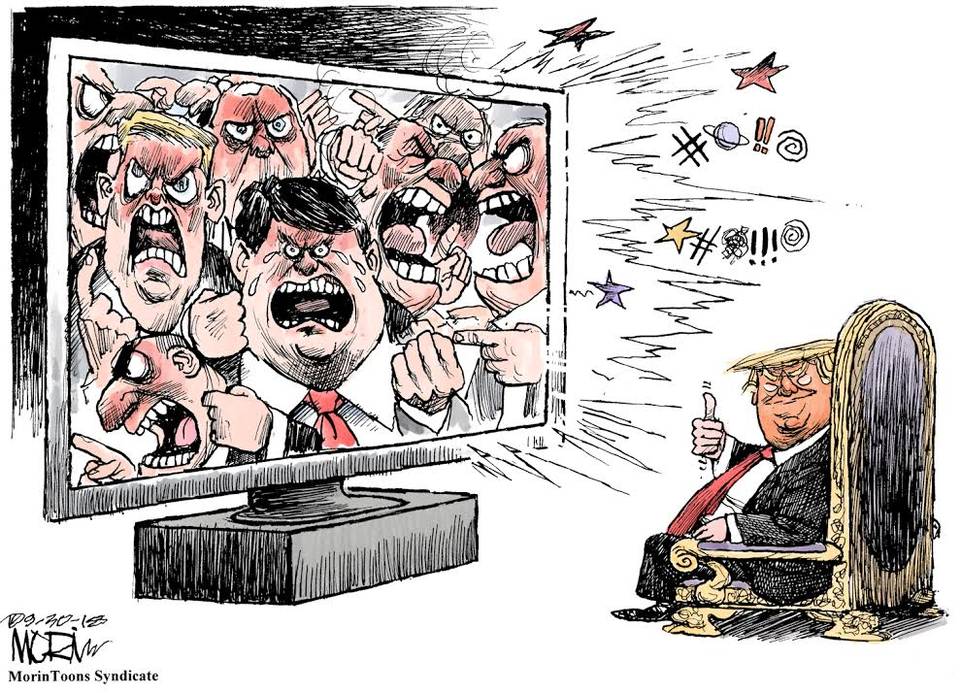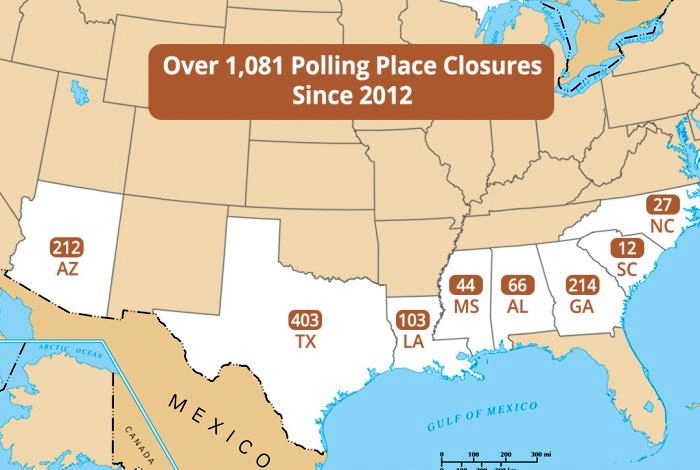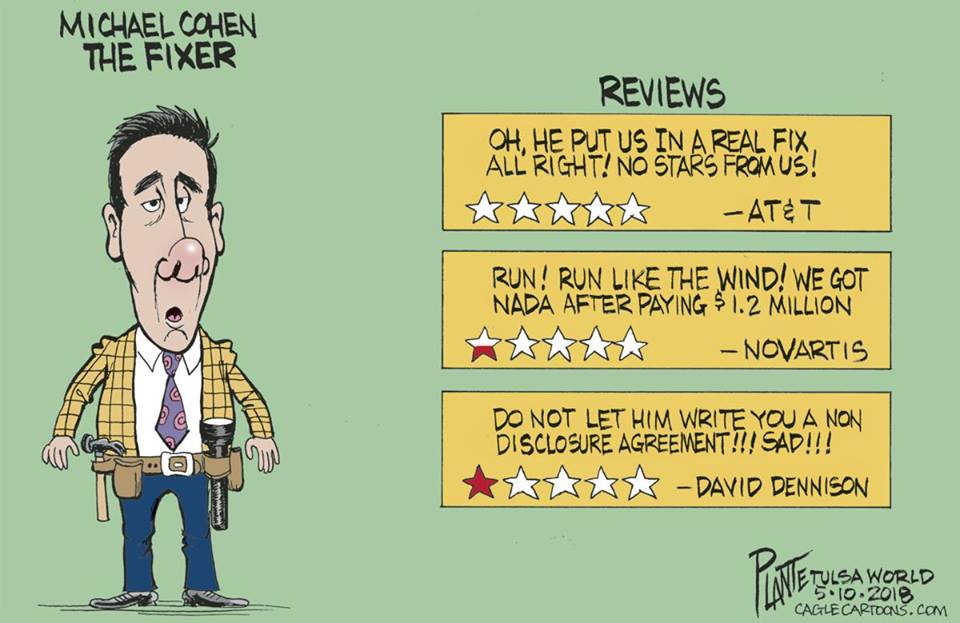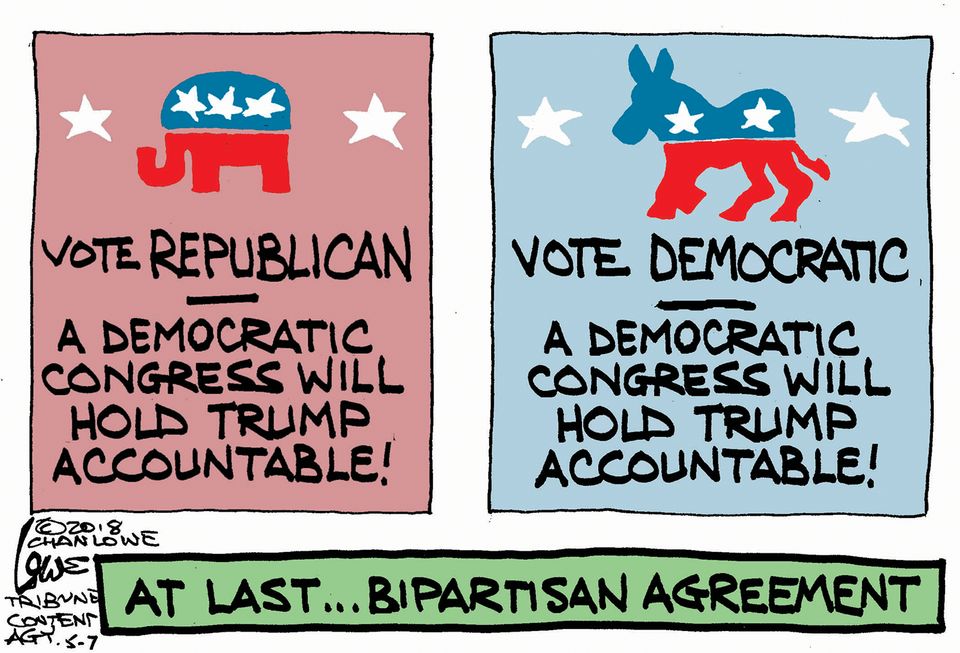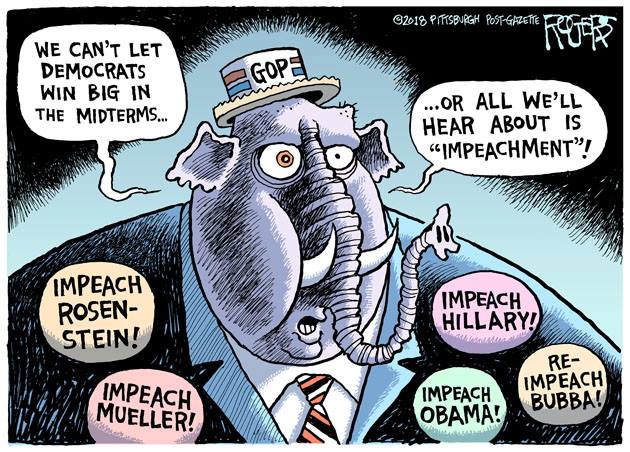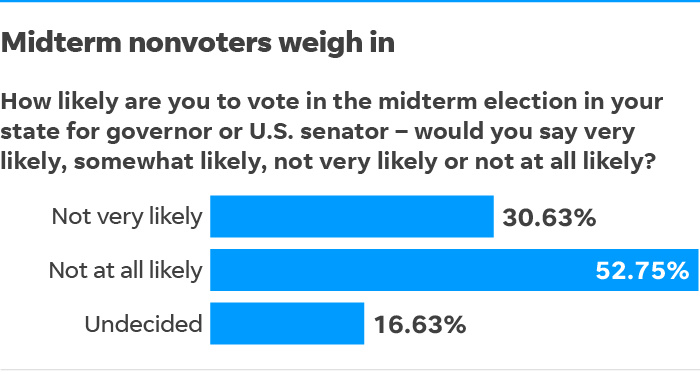The Daily Escape:

First snowfall, Snoqualmie, WA – November 2022 photo by Gary Hamburgh Photography
Here are Wrongo’s hot takes on the midterms, with the understanding that it will be days (weeks?) before we really know all that happened:
- The polls overcorrected for previous mistakes by being biased in favor of the GOP this time. Democrats outperformed their poll numbers by about 1 point. The evidence was there all along that there were alternative outcomes that were at least as likely, and that the vote differential between max D and max R would be at most, 3 points.
- Abortion rights and election denial were both on the ballot. Despite the polling, results confirm that a woman’s right to choose was popular while election denial is a fringe belief. In Pennsylvania, exit polls found that abortion was the number one issue, outpacing inflation 36% to 28%. Both core Republican positions were rejected by most Americans.
- 2022 was as close to a perfect environment for a Red wave as we’ll likely see in the next few years. But as the Daily Beast says: “Republicans had hoped for a red wave. What they got looked more like purple rain.”
- In every race where Democrats helped fund a MAGA candidate in a primary over a less crazy Republican, the MAGA Republican lost in the general election.
- All the abortion rights state initiatives won. John Roberts is sitting at home, weeping bitter tears and saying to his fellow Justices: “I told you so”.
- The Senate is looking like a 50/50 split again, assuming that Kelly wins in Arizona and Warnock defeats Walker in a runoff. Walker is the essence of the GOP experiment in candidate crapification: “Exactly how little can we offer you in a candidate and still have you vote for them?“
- You’re going to have to reopen your wallets for Rev. Warnock again in November.
- There’s an outside chance that Nevada may return Cortez-Masto to the Senate, making the Dem’s potential ceiling 51-49.
- We need to remember that 2024 is a much less favorable environment for Democrats. So by then, it may become impossible to confirm another Democratic SCOTUS nominee, possibly for as long as the rest of the decade. That requires Dems to kill the filibuster.
- The House will most likely flip to the Republicans by a small margin. Democrats are overperforming, but they need to sweep the remaining toss-up races in order to keep the majority. Dozens of House races, including in NY and CA, are too close to call.
- Current House Minority Leader Kevin McCarthy (R-CA) had predicted a 60-seat GOP surge. It will most likely be fewer than 10 seats. McCarthy’s going to spend the next two years trying to give a bath to a bagful of bobcats.
- All of the House Republicans elected on Tuesday are committed to a decidedly different direction than that of Biden and the Democrats. There will be few opportunities for legislative consensus. And lots of opportunity for Republican grandstanding.
- The governor races that Republicans had hoped to capture: New York, Kansas, Michigan, Wisconsin, and Maine, all stayed Blue.
- Michigan Democrats are poised to win full control of state government by taking majorities in the legislature for the first time in 40 years, matching Gov. Gretchen Whitmer’s reelection victory.
- Florida is no longer a battleground state. And Iowa and Ohio seem now to be completely out of reach for Democrats. Texas stayed solidly Red for at least another cycle. But it appears that Michigan and Pennsylvania may have slipped into the Blue camp.
Closing thoughts: Biden defied expectations. He was set up to take the blame for a large midterm loss in both the House and Senate. That might have led for calls from within the Party for Biden to stand down in 2024. Limiting the Party’s losses may not improve his favorability ratings, but it makes attacks from within the Party difficult.
Second, regardless of your viewpoint on the quality of the Dems’ messaging, pundits in the media will make opposing arguments (e.g., Dems should be more moderate, Dems should be more liberal) and there will be at least some data points to support their views.
Third, Republicans are pointing their fingers at Trump for the GOP’s failure to live up to expectations. This is the third straight election in which Trump has cost the Republican Party winnable seats. Whether that emboldens Florida’s DeSantis to battle Trump for the 2024 GOP presidential nomination remains to be seen. The best possible outcome would be that DeSantis actually takes on Trump. Imagine if he beat Trump to the nomination. Would Trump run a third party campaign?
It’s fun to dream about, even if it’s an unlikely prospect. Then again, let’s hope that Trump is indicted by the DOJ long before the 2024 nominating process gets underway.

